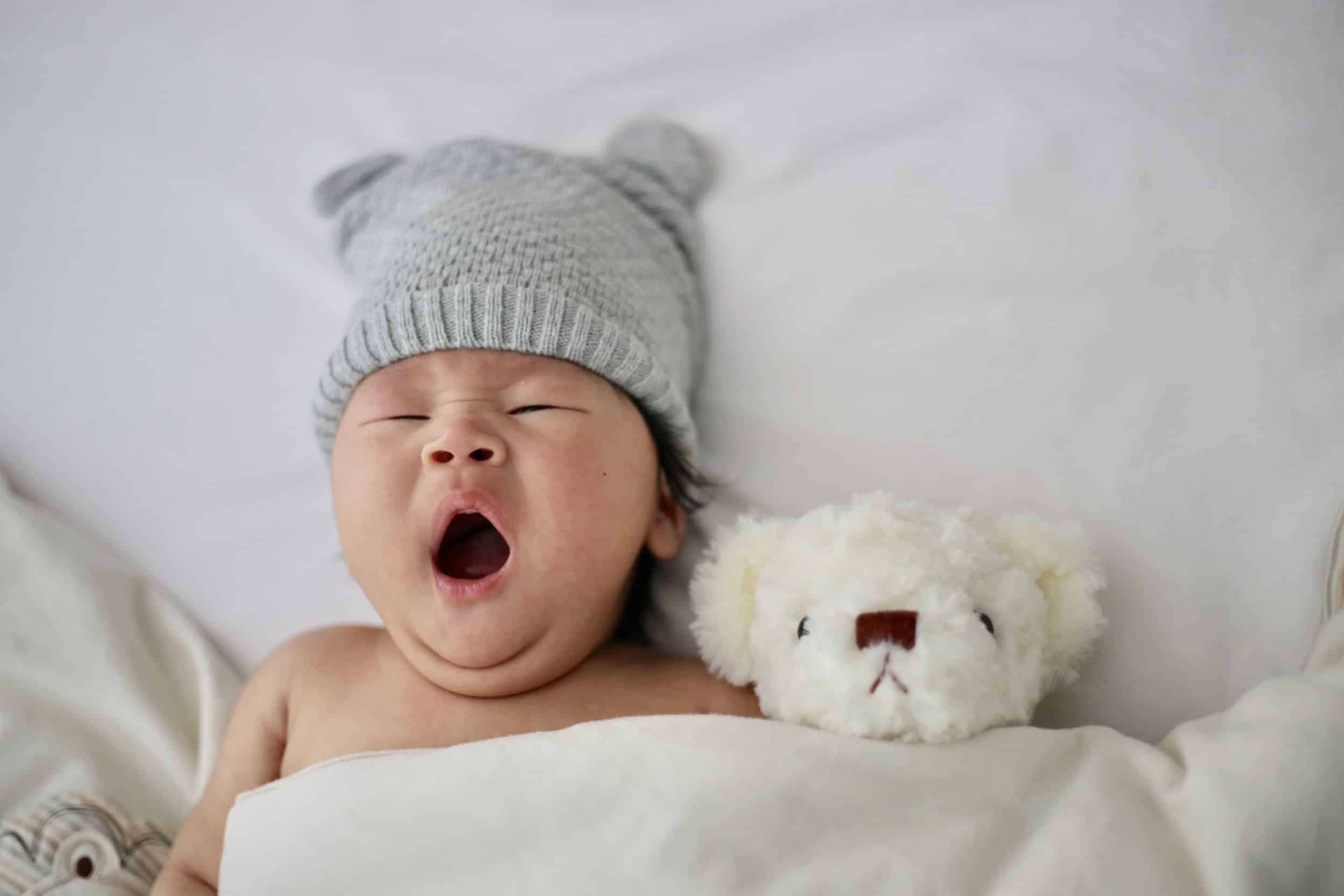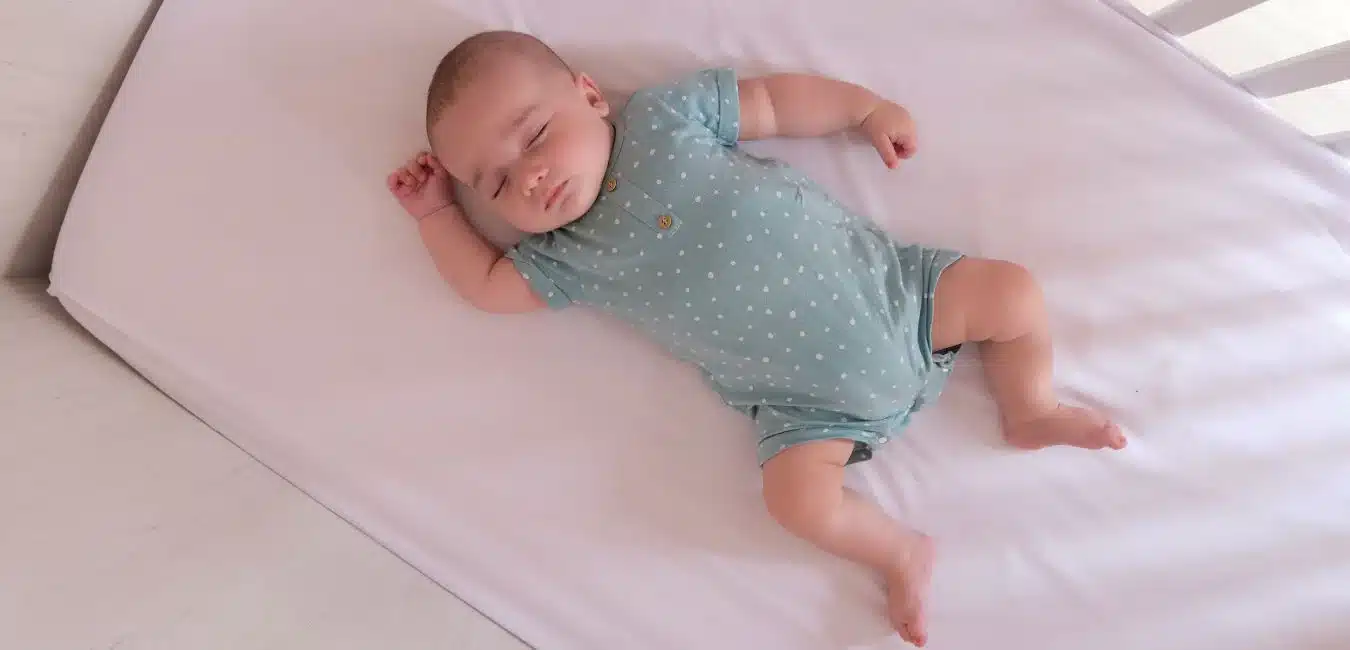Navigating parenthood is akin to walking through a maze with a blindfold—it’s often a guesswork game, especially when it comes to baby sleep. From old wives’ tales to the latest online forums, the amount of advice available can be overwhelming. But how much of it is actually true?
Let’s put some popular baby sleep myths to bed once and for all, so you and your little one can enjoy more restful nights.
Myth 1: More Daytime Sleep Equals Less Nighttime Sleep
The Truth: It might seem logical to think keeping a baby awake during the day would make them sleepier at night, but the opposite is true. Babies who don’t nap enough can become overtired, making it harder for them to fall asleep and stay asleep at night.
Myth 2: Babies Should Sleep Through the Night by Three Months
The Truth: While some babies might start sleeping longer stretches by three months, it’s not the norm for everyone. Babies have different developmental timelines, and waking up during the night is normal for infants as they go through growth spurts and feeding needs.
Myth 3: Solid Foods Help Babies Sleep Longer
The Truth: Introducing solids prematurely in hopes of better sleep might do more harm than good. Most experts recommend starting solids around six months, but it’s not a guaranteed sleep aid. Babies primarily wake up at night because they need comfort or have yet to develop mature sleep patterns, not necessarily because they’re hungry.
Myth 4: Crying It Out Is the Best/Only Way to Teach Babies to Sleep
The Truth: While some parents find success with “cry it out” methods (formally known as graduated extinction), it’s not the only sleep training method available. There are gentler approaches that involve checking and comforting the baby at regular intervals. What’s important is finding a method that suits your parenting style and your baby’s temperament.
Myth 5: You Can Spoil a Baby by Holding Them Too Much
The Truth: You can’t spoil a baby by holding them too much. Infants need physical affection for emotional and physical development. Holding your baby can actually make them feel secure and calm, potentially aiding their sleep more than if they feel neglected or anxious.
Myth 6: Sleeping with a Baby Bottle Is Okay if It Helps Them Sleep
The Truth: Letting a baby sleep with a bottle might seem like a good way to soothe them to sleep, but it can lead to tooth decay and increase the risk of ear infections. It’s better to establish other comforting bedtime routines.
Personal Anecdote
I remember when my sister was navigating her first year as a new mom. She was bombarded with all sorts of advice that did nothing but increase her anxiety. When she finally visited a pediatric sleep specialist, many myths she’d been stressed about were debunked, which helped her approach her daughter’s sleep with more confidence—and less guilt!
Conclusion
Understanding what’s a myth and what’s not can significantly affect how you approach bedtime with your baby.
The more accurate information you have, the better you can develop a routine that suits your baby’s individual needs, leading to better sleep for everyone.
So, take these myth-busters to heart, and let’s aim for a future where both babies and parents can rest easy!











